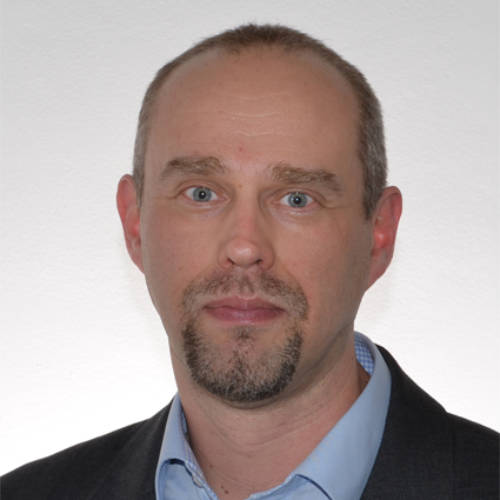Conference chair
Jón Torfi Jónasson
Jón Torfi Jónasson is professor emeritus of the School of Education, University of Iceland. He was previously the dean of the school and prior to that dean of the Faculty of Social Science. He has written on all levels of education in Iceland also in a comparative context, i.e., on playschool, primary, compulsory, and upper secondary education (with emphasis on both the vocational and academic sectors); on tertiary education and adult education and the interaction between those.
His current interests include, inter alia, credentialism and how education maps onto educational futures. He has been the Chairman of the state fund for continuing education and the chair of the Icelandic UNESCO commission. He is currently a member of the Elm editorial board where he recently presented his thoughts on the 2021 inspiring UNESCO report, Reimagining our futures together: A new social contract for education.
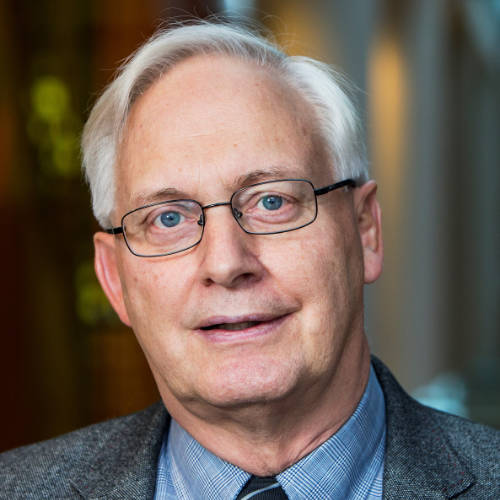
Jón Gnarr
As a child, Gnarr was diagnosed with severe mental retardation due to dyslexia, learning difficulties and attention deficit hyperactivity disorder. He overcame these hardships and went on to become one of Iceland’s best-known actors and comedians. In late 2009, in the aftermath of Iceland’s banking crash, Gnarr founded the Best Party, which sought to bring joy, humility and humanity back to Icelandic politics. Although the Best Party was dismissed as a “joke party” by the Icelandic political mainstream as well as national and international media, Gnarr’s ability to be equally sincere and satirical about his country’s political situation struck a chord with disillusioned and disoriented voters, organizers said. The Best Party surprised all observers by winning the 2009 municipal elections in Iceland’s capital, and Gnarr served as mayor from 2010 to 2014.
Gnarr has won 10 Edda awards from the Icelandic Film and Television Academy. Eddas are awarded for outstanding work in various categories of film and television and are the most prominent film and television awards in Iceland.
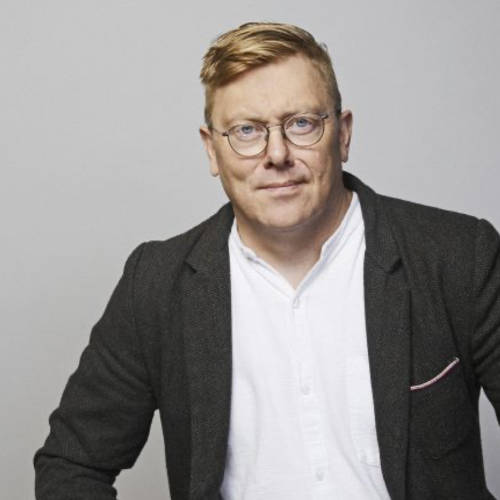
Jürgen Siebel
Jürgen Siebel joined Cedefop from the private sector in September 2019. As Executive Director, he is responsible for managing the Agency’s operations in accordance with the strategic direction of its tripartite Management Board
Before joining Cedefop, Jürgen served for more than 20 years as an HR manager with global governance or business-partner responsibilities at Siemens.
Jürgen earned his MSc in economics at the University of Hamburg, and a PhD in business administration from the University of Vienna.
About Cedefop
Out of Thessaloniki, Cedefop supports the development of European vocational education and training policies and contributes to their implementation | Budget 2021: 18.5 m EUR | Headcount 2021: 108 FTE
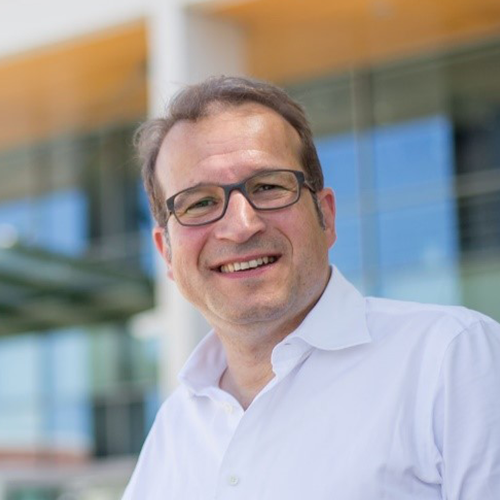
David Atchoarena
David Atchoarena is the Director of the UNESCO Institute for Lifelong Learning since April 2018. He was previously the Director of the Division for Policies and Lifelong Learning Systems at UNESCO, with oversight of education policies, higher education, adult and vocational education and training, and ICT in education.
Prior to working at UNESCO Headquarters, he spent many years at the UNESCO International Institute for Educational Planning (IIEP) where he conducted research and technical cooperation programmes in the fields of educational planning, lifelong learning, technical and vocational education, and higher education. He also contributed to the development of the capacities of officials from ministries of education as the head of the Training and Education Programmes Unit of IIEP.
Before joining UNESCO, Mr Atchoarena served as Chargé de Mission at the National Agency for Lifelong Education of the French Ministry of Education and as a project coordinator in the Ministry of Finance and Planning in Saint Lucia.
Mr Atchoarena holds a Doctorate in Economics from the University of Paris I, Panthéon-Sorbonne.
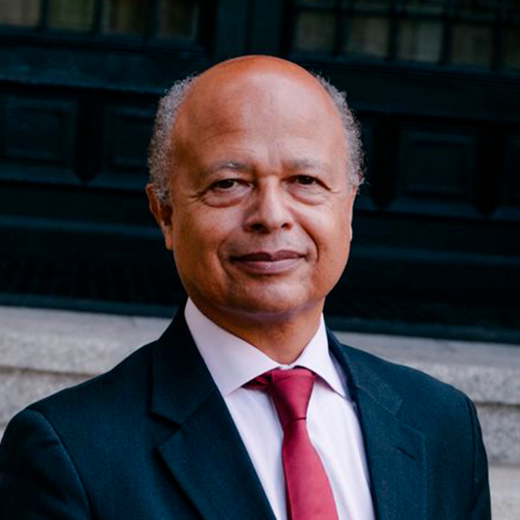
Ernesto Villalba
Ernesto Villalba (@ernvillalba) works at the European Center for the Development of Vocational Education and Training (Cedefop) since 2011. He is responsible for the area of validation of non-formal and informal learning, where he coordinates studies and projects and works together with the Commission on the updates of the European Inventory and the European Guidelines. He holds a Ph.D. in International and Comparative Education from Stockholm University and is on the editorial board of the European Journal of Education.

Nan Travers
Nan Travers is the director of the Center for Leadership in Credentialing Learning at SUNY Empire State College. She focuses on research, policies and practices of the recognition, validation, and credentialing of learning. Currently, she is the PI for a U.S. Department of Education grant Credential As You Go: Transforming the Credentialing System of the U.S., which researches the Incremental Credentialing Framework’s six strategies for recognizing and credentialing learning. She is also the PI for a subaward for a Lumina Foundation grant REACH, which is exploring learning recognition and credentialing from an equity and inclusion lens, and just completed another Lumina Foundation grant, All Learning Counts, which focused on evaluating competency-based workplace learning for college credit and embedding into micro-credentials that lead to degrees.
Nan Travers previously led the development of the Global Learning Qualifications Framework to assess college-level learning, serves on the board of the Prior Learning International Research Consortium, is a lead contributor to the Learning Recognition Collaborative, and has served on the core team for the national Connecting Credentials initiative. Travers serves as founding co-editor for the journal: PLA Inside Out (www.plaio.org). She has a Ph.D. in Adult Learning from the University of Connecticut, an M.A. in Curriculum Development from Johnson State College in VT, and a B.S. in Biology from Ramapo College in NJ.
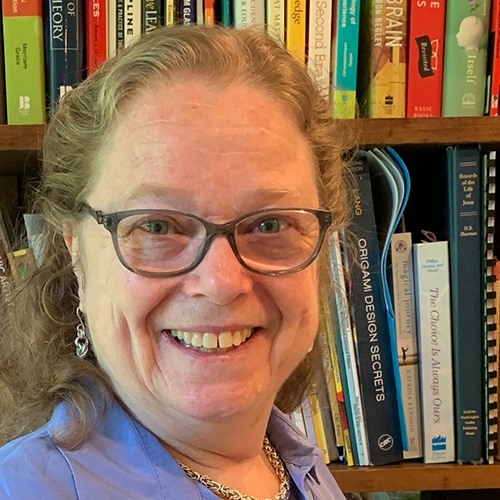
Anni Karttunen
Anni Karttunen has worked with adult learning for over 20 years. Previously she was the head of a unit of EUedu – Centre for European Educational Policy and worked for the Finnish National Agency for Education as a Programme Manager for Adult Education. Anni was one of the Nordic Network for Adult Learning (NVL) founding members. She is still active in the network as an external expert in the validation of non-formal and informal learning.
Currently Anni is an entrepreneur specializing in developing Adult Learning policies, consulting, training and writing on issues relevant to Adult Learning.
In the 4th VPL Biennale, Anni will launch the Nordic Quality Compass and present the tools and their use.

Marie Macauley
Marie Macauley, UNESCO Institute for Lifelong Learning Learning where she leads a number of different projects, including the UNESCO Global Network of Learning Cities, the programme on the recognition, validation and accreditation of prior learning of migrants and refugees around the world, and an international project on education in prison.
Before UIL, Marie was a manager at the Council of Ministers of Education, Canada (CMEC) where she contributed to the development of policy in K-12 and adult education in Canada and internationally.
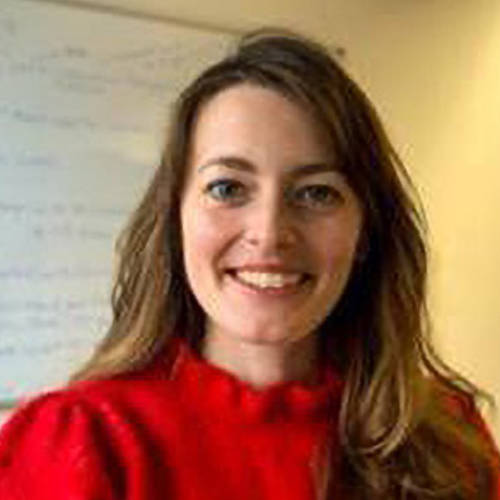
Koen Nomden
(Mr) Koen Nomden is currently Team Leader for “Transparency and Recognition of Skills and Qualifications”, within the Skills Agenda Unit of the European Commission (DG Employment, Social Affairs and Inclusion). Before that he was a policy officer in charge of the validation of non-formal and informal learning and career guidance. Other positions he held within the European Commission were that of Erasmus Mundus Programme Manager and of policy officer in charge of setting up a European Executive Agency in charge of implementing programmes in education, training, culture and media.
Before joining the Commission in 2003 Koen worked at the University of Antwerp (researcher) and at the European Institute of Public Administration in Maastricht (the Netherlands). Koen studied public policy and public administration at the University of Twente (NL) and holds a Master degree in European Studies from the College of Europe.
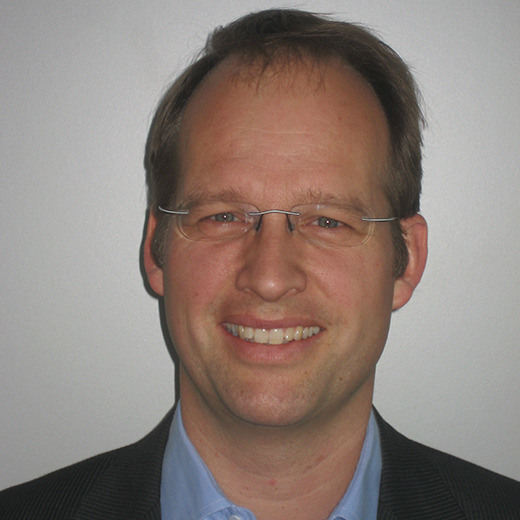
Deb Carr
Deb Carr is a designer, policy developer, researcher and evaluator of skills recognition systems and programs within the Australian, United Arab Emirates and Thailand’s (T)VET sector.
Deb has contributed to a growing body of RPL knowledge through sharing her research in the International Labour Organisation’s (ILO) Global MOOC for RPL practitioners; delivering RPL practitioner professional development webinars on behalf of the Australian VET Development Centre (VDC), advising on the National Centre for VET Research (NCVER) exploratory study into how RPL is being used across contemporary Australia, researching Thailand’s utility of RVA for migrants and refugees, and is currently consolidating lessons learnt to compile UNESCO Institute for Lifelong Learning’s (UIL) global guidelines on RVA for migrants and refugees.
Deb is currently working in the UAE as the (T)VET Policy Specialist for the UAE Military Qualification Centre towards optimising RPL outcomes to transition retiring members into civilian occupations commensurate of their acquired skills and knowledge acquired during service.
Deb’s Master’s thesis ‘The RPL Candidate – a neglected stakeholder’ researched candidates’ lived experience of the Australian RPL process. Her study found instead of building confidence as common policy rhetoric claims, the Australian RPL process erodes confidence. Deb received a Conference Scholarship from the NCVER (Australia) for her research. She looks forward to furthering her research at Doctorate level to investigate in what ways the RPL (RVA, APEL, PLAR) process empowers candidates with meta-learning skills.
Her passion is human-centric RPL/RVA processes that empower adults in their lifelong learning and earning journey.
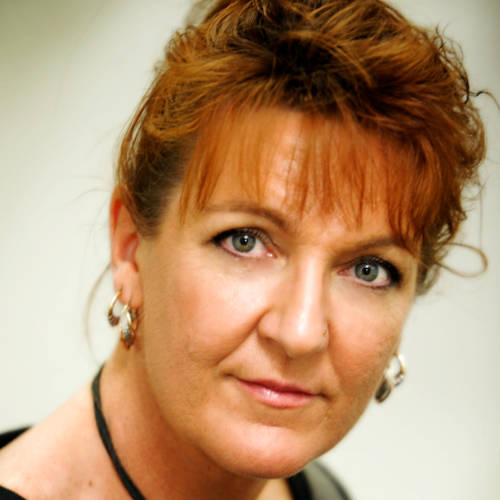
Thunyamart Limugsorn
Thunyamart Limugsorn has worked at the Thailand Professional Qualification Institute (TPQI) since 2012 to build collaboration with domestic and international partners. Her work includes adapting best practices from abroad to fit the Thai context best to continuously improve the professional qualification system and promote recognition of skills for lifelong learning and inclusive development.
A few examples of her recent work include working with Kangan Institute (Australia) and the Qualifications Framework Secretariat (Hong Kong) to develop the Recognition of Existing Skills and Knowledge system in Thailand to ease the transition of workers from informal to the formal economy, working with the International Organization for Migration to validate working experiences and support migrant workers to gain access to certification, as well as collaborating with Human Resources Development Services of Korea to reintegrate return migrant workers to increase job opportunities at home.
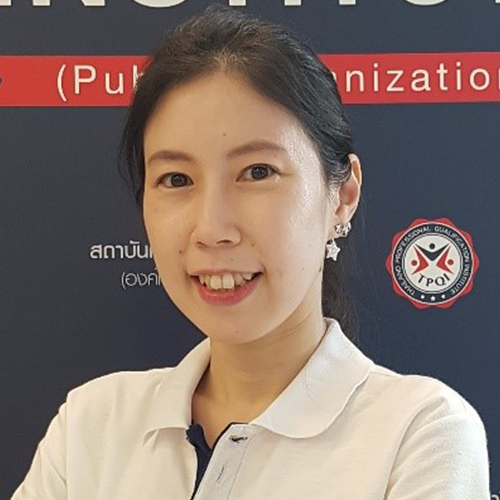
Timo Halttunen
Timo Halttunen is a head of unit at Brahea Centre, Areal Research and Development at the University of Turku, Finland. His expertise ranges from recognition of prior learning to competency-based curricula development. He is also a member of the European Commission Working Group on Adult Learning. At the moment, he is a member of a Nordic research team carrying out a study on validation. In this study, the researchers examine what social meanings validation is given in curricular texts of vocational education teacher training programs in Denmark, Sweden and Finland.
